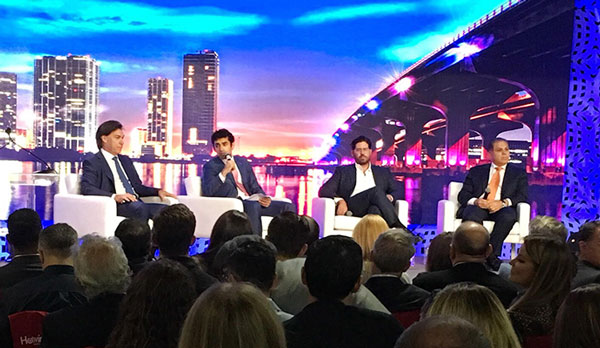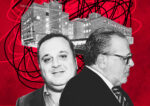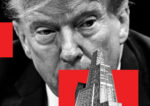Trending
“We have to work a lot harder to make a little bit less money”: Top developers discuss Miami’s post-boom market at TRD forum
Developers are tapping new markets for buyers and launching fewer projects

As Miami’s condo market lags, developers are working hard to sell their remaining inventories and looking long term when it comes to completing major projects like Miami Worldcenter.
In 2010, “there was a lot of need and a lot of demand and we all thought it was going to last for a long time,” Edgardo Defortuna, president and CEO of Fortune International Group, said at The Real Deal’s Fourth Annual Miami Real Estate Showcase & Forum on Thursday.
Fifty percent deposits coupled with a lack of financing forced developers to lower their leverage. Projects under construction now are mostly 60, 70 and 80 percent sold, Defortuna said during the development panel. Fewer projects have launched since the beginning of 2016.
“We’re controlling our supply better,” said David Martin, president of Terra. Martin said the restrictive zoning in Miami Beach is protecting his land from competition. The Coconut Grove developer is building Eighty Seven Park, a luxury condo tower in Miami Beach.
Art Falcone, co-founder and managing principal of Encore Capital Management, said the key to developing a major mixed-use project like Miami Worldcenter is that he doesn’t use debt to finance land acquisitions. “I’m in my 14th year, before we make our first dollar we will be in our 16th year,” he said.
Finding construction financing for Paramount, the luxury condo component of Worldcenter, was especially challenging.
“There’s never a bad real estate cycle as long as you have time and no debt,” Falcone joked.
The slowdown has sent developers to other foreign markets in search of buyers, like Turkey, Europe and China. Latin Americans still consider Miami a safe haven for investment, but “the perception today is the urgency is not that much anymore,” Defortuna said.
Among Fortune’s increased sales efforts is participating in international real estate fairs. “We have to work a lot harder to make a little bit less money,” he added.
During the residential slowdown, other sectors like industrial and multifamily have picked up. Policy changes like potentially reducing the number of H-1B visas could have a detrimental impact on Miami real estate, Martin said.
The beauty of Miami, Defortuna said, is that “anyone [moving] here can feel like home.”




